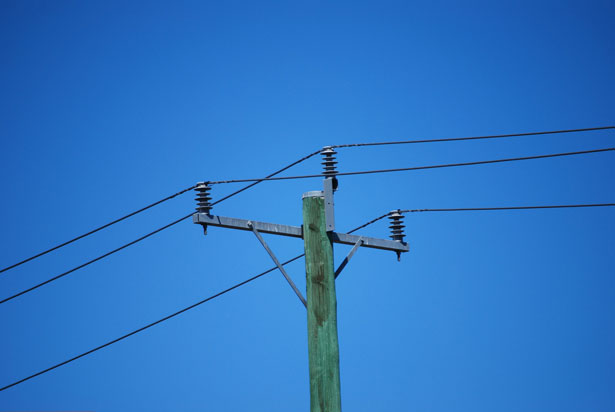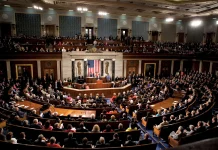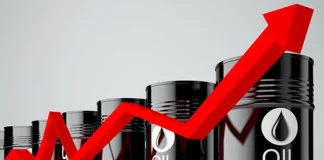An increase in electricity tariff barely three months after a huge increment and at the commencement of the African Continental Free Trade Agreement is insensitive, Nigerian manufacturers lament.
The manufacturers, who are members of the Manufacturers Association of Nigeria, in a statement on Thursday, said the recent increase in electricity tariff was not manufacturing friendly and ill-timed.
The Director-General, MAN, Segun Ajayi-Kadir, said the increment would exacerbate the already high manufacturing cost environment, worsen competitiveness, further depress productivity in the sector and may exclude Nigeria from the list of beneficiaries of AfCFTA.
The statement is entitled ‘The Position Of The Manufacturers Association Of Nigeria On The Recent Increase In Electricity Tariff’.
READ ALSO: FG Orders Suspension Of New Electricity Tariff
The Nigerian Electricity Regulatory Commission announced on Tuesday a revised Multi Year Tariff Order for January to June 2021, adjusting it from N2.00 to N4.00 per kilowatt per hour of electricity, effective January 1, 2021 but was later delayed till the end of January.
MAN DG noted that the manufacturing sector, which is the engine of sustainable growth, was still struggling with the debilitating impact of the pandemic and was yet to recuperate.
Ajayi-Kadir said, “The recent increase, which is following a major review three months ago, is not in the best interest of the Nigerian economy, judging from the prevailing economic ambience of the nation and its impact on vital manufacturing, economic, social and development indicators.
“The use of inflation, foreign exchange and gas price as justifications for the increase in tariff is weak and debatable. Gas is produced locally to curb flaring and there is no transparent framework in place to ensure that electricity consumers enjoy reduction in tariff when these indices decline.”
According to him, the new tariff would have escalate cost of production and erode the headways already made in the sector because most of MAN-member companies are classified in the ‘D’ categorisation, where tariff is the highest.
The DG explained that the manufacturing sub-sectoral groups with higher energy consumption, which include basic metal, iron and steel and fabricated metal products; domestic and industrial rubber and foam; non-metallic mineral product; and chemical and pharmaceuticals sectoral groups, would be worse-off.
READ ALSO: Senate Questions Ministry Of Power’s N478m Mortgage Loan
He added that a tariff increase could lead to a reduction in capacity utilisation, further decline in GDP, large scale unemployment across the 76 manufacturing sub-sectors and possible increase in crime rate.
“NERC is implored to fully perform its role as an unbiased umpire and always convene stakeholders’ meeting for extensive consultations before decisions with far-reaching implications on the private sector are taken,” the DG said.
“Government being a major stakeholder in the electricity industry should concentrate on developing processes and polices to attract significant investment to encourage scale generation with improved transmission and distribution infrastructure in the industry.”
He called for a more realistic tariff structure that would support the growth of the energy sector and the productive sector simultaneously.












